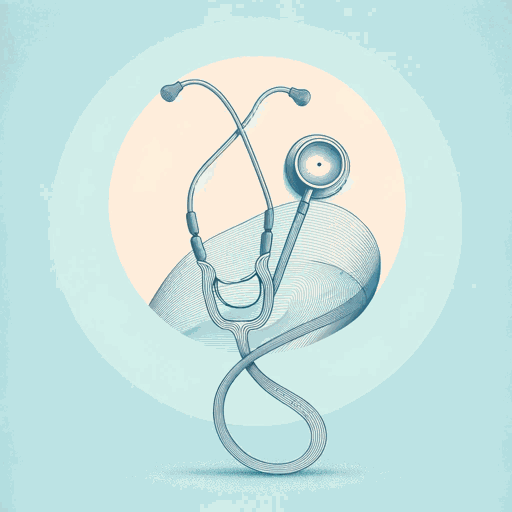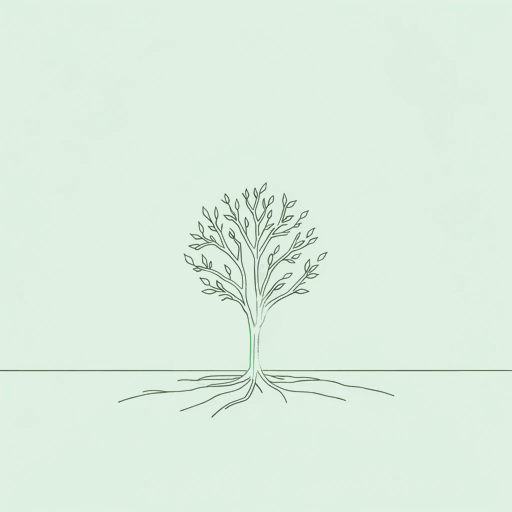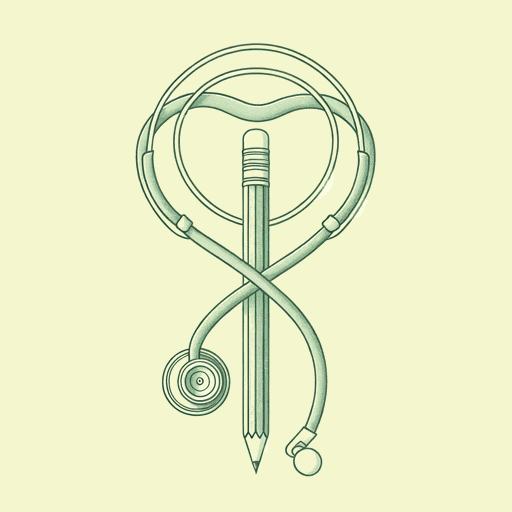43 pages • 1 hour read
Atul GawandeComplications: A Surgeon’s Notes on an Imperfect Science
Nonfiction | Essay Collection | Adult | Published in 2002A modern alternative to SparkNotes and CliffsNotes, SuperSummary offers high-quality Study Guides with detailed chapter summaries and analysis of major themes, characters, and more.
Important Quotes
“I tried very hard to look like someone who had not just got his medical diploma the week before. Instead, I was determined to be nonchalant, world-weary, the kind of guy who had seen this sort of thing a hundred times before.”
(Essay 1, Pages 16-17)
Gawande’s depiction of himself as a junior resident is rich with emotional and tonal detail. This insight into his younger self contains notes of humor and aspiration, developing the author and narrator into a three-dimensional character. It also contains a stereotype of experienced doctors that proves both true and not true in Gawande’s case, as he grows throughout the book into a more experienced doctor who is perhaps “world-weary” and “nonchalant” but still capable of surprise, fear, and wonder.
“The moral burden of practicing on people is always with us, but for the most part unspoken.”
(Essay 1, Page 23)
In “Education of a Knife,” Gawande exposes an uncomfortable truth, that doctors must practice to become experts, and that practice must be performed on real people. This “unspoken” truth is just one of the taboos Gawande gives voice to in this book, imbuing it with intrigue and import. This “moral burden” doctors feel, according to Gawande, speaks to their essential humanity—a quality Gawande reinforces repeatedly.
“By traditional ethics and public insistence (not to mention court rulings), a patient’s right to the best care possible must trump the objective of training novices. We want perfection without practice. Yet everyone is harmed if no one is trained for the future. So learning is hidden.”
(Essay 1, Page 24)
This quotation contains an admission of a contradiction at the heart of medicine, which is that patient care and doctors’ practice are occasionally at odds. This contradiction is part of a larger motif of contradictions. It’s an example of the kind of taboo topic, a “hidden” truth, that Gawande tackles openly and with vigor.
Related Titles
By Atul Gawande




